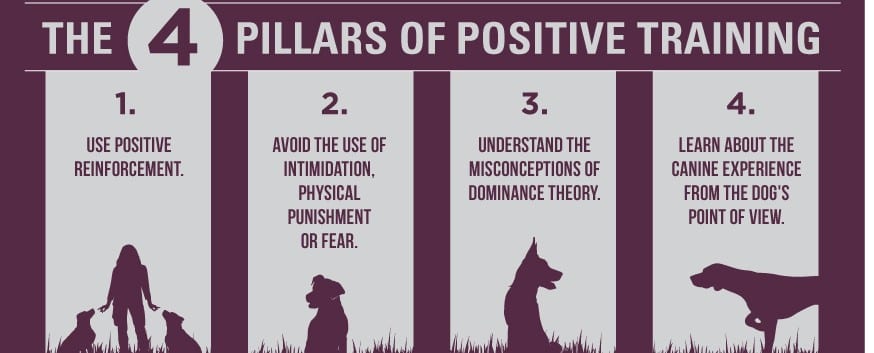
Just like their owners, no two dogs are the same. And, depending on age, breed and personality, each will respond differently to training. Whether you want your pup to grow into a fun-loving free spirit or an award-winning circus animal, the one thing you’ll definitely need to do is potty train him/her as fast as possible. Those who neglect proper house-training are bound to end up with a big mess on their hands (or at least their carpet).
The “Den” Instinct

Starting the learning process early on is vital for fast results. When canines move into a new home, house-education begins from scratch, regardless of age, breed and past potty-training. But, even though you can teach an old dog new tricks, puppies are much easier to deal with because nature does most of the work. Thanks to the “den instinct,” all canines are compelled to keep their dwellings clean when they’re around 2-4 months old.
Starting at 4-6 weeks after birth, puppies will naturally try to ‘hold it off’ until they get outside. As such, they need to learn all the areas of the home early on or they won’t consider your whole house their “den”. For the first 10 days all you should do is keep an eye on the little girl/guy to make sure they can get outside when nature calls.
No matter what, all pups will have “accidents” during these first few weeks but that doesn’t mean you can’t do anything to minimize them. Here are a few tricks that’ll help avoid ‘surprises’:

- Create a timed feeding schedule and follow it as closely as you can.
- Make sure to take a walk 30 minutes after a meal – puppies have unbelievably fast metabolisms.
- Reward your puppy for going in the right place, even if you had to carry him or her there.
- Keep track of where the pup previously left ‘surprises’. If they come back, they need some fresh air ASAP.
Rewards & Punishments
Move on to proactive house-training only after a puppy learns to find you whenever they need to go. The golden rule for training dogs younger then 12 months is reward the good behavior and ignore the bad. Besides the fact that pups won’t associate punishment with any particular action, they may grow up hostile, defensive and even unstable. Plus, positive reinforcement is just more effective, especially when it comes to training younger pets.

Even with older dogs, physical punishment is never the best training method. That age-old saying about man’s best friend has more truth to it then most people realize. No one likes being ignored by their friends. Well, to your pet, you are the best and only friend in the world, so depriving him/her of attention is the only punishment you’ll ever need to use.
When potty-training a grown dog for a new house, start ignoring his/her calls for attention after every “mistake.” Then, the next time they do their business outside, reward them and proceed to interact normally. You probably won’t have to go through the process more than 3-5 times, as long as you don’t give in to the sad dog ‘act’.

[adinserter block=”2″]
[adinserter block=”7″]